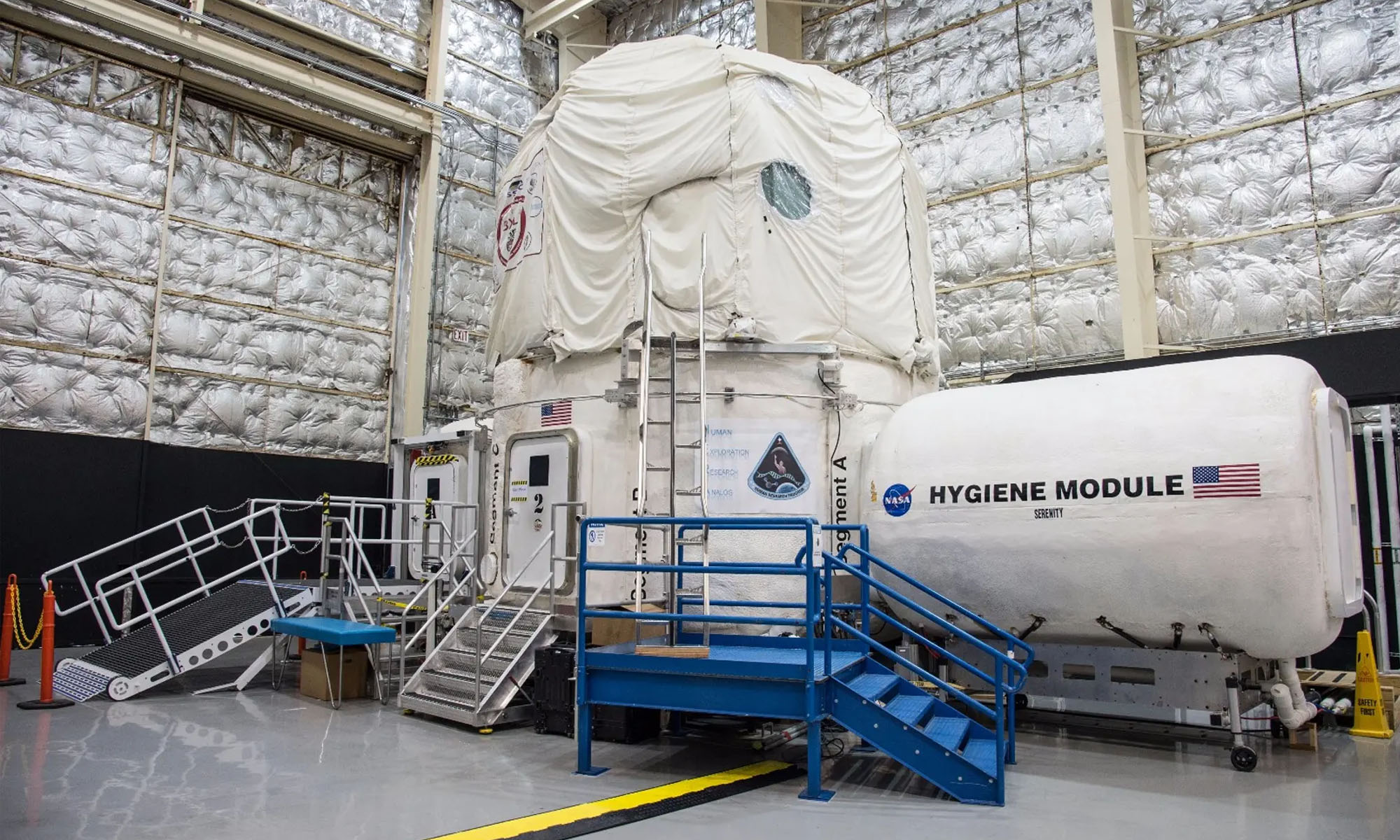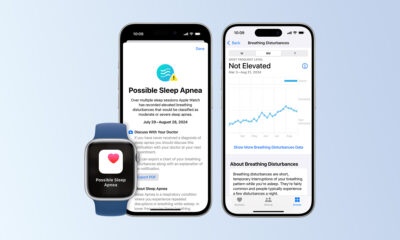News
NASA’s HERA Campaign 7 Reveals New Emirati Crew Member
The Mohammed Bin Rashid Space Centre has chosen Shareef Al Romaithi to undertake simulated missions on Earth.

The United Arab Emirates has named a crew member for the upcoming phase of NASA’s Mars simulation mission. Shareef Al Romaithi will join the next phase of NASA’s HERA Campaign 7, spending 45 days at NASA’s Houston, Texas Space Centre with his fellow crew members.
Phase 2 of the second analog study of the UAE Analog Programme is set to begin on May 10. This phase will include an Emirati analog crew member and six experiments from Emirati universities. pic.twitter.com/gxx0F9wjxX
— MBR Space Centre (@MBRSpaceCentre) April 15, 2024
The Mohammed Bin Rashid Space Centre (MBRSC) revealed Al Romaithi’s selection on April 15, 2024. The project, starting on May 10, 2024, seeks to replicate Martian mission conditions to explore the impact of space travel on human physiology and psychology.
Al Romaithi, a seasoned pilot with over 16 years of aviation experience, will reside in a specialized facility in Houston known as HERA (Human Exploration Research Analog). The three-story habitat simulates the isolation and environmental conditions of space exploration in a program spanning multiple phases. The first phase concluded in March, with subsequent phases scheduled for August and November.
The UAE’s MBRSC highlighted Al Romaithi’s involvement in the mission via X (formerly Twitter), emphasizing his role in advancing space exploration. The selection marks a significant step in the UAE’s space endeavors, showcasing its commitment to international collaborations in space exploration.
Also Read: Top 10 Best Freelance Platforms In The Middle East
“We are pleased to announce the selection of Shareef Al Romaithi for the second analogue study of the UAE Analogue Programme at the Hera habitat, marking another significant step towards the UAE’s vision for space exploration,” said the director general of MBRSC, Salem Al Marri.
“This mission, blending scientific research and international collaboration with NASA, is poised to deepen our understanding of the physiological and psychological challenges of long-duration space travel through experiments here on Earth,” added Salem Al Marri. “The UAE is honored to be part of this journey, and we will continue to push the boundaries of what is possible and inspire future generations to be part of the space sector,” the director general concluded.
News
Samsung Smart Glasses Teased For January, Software Reveal Imminent
According to Korean sources, the new wearable will launch alongside the Galaxy S25, with the accompanying software platform unveiled this December.

Samsung appears poised to introduce its highly anticipated smart glasses in January 2025, alongside the launch of the Galaxy S25. According to sources in Korea, the company will first reveal the accompanying software platform later this month.
As per a report from Yonhap News, Samsung’s unveiling strategy for the smart glasses echoes its approach with the Galaxy Ring earlier this year. The January showcase won’t constitute a full product launch but will likely feature teaser visuals at the Galaxy S25 event. A more detailed rollout could follow in subsequent months.
Just in: Samsung is set to unveil a prototype of its augmented reality (AR) glasses, currently in development, during the Galaxy S25 Unpacked event early next year, likely in the form of videos or images.
Additionally, prior to revealing the prototype, Samsung plans to introduce…
— Jukanlosreve (@Jukanlosreve) December 3, 2024
The Galaxy Ring, for example, debuted in January via a short presentation during Samsung’s Unpacked event. The full product unveiling came later at MWC in February, and the final release followed in July. Samsung seems to be adopting a similar phased approach with its smart glasses, which are expected to hit the market in the third quarter of 2025.
A Collaborative Software Effort
Samsung’s partnership with Google has played a key role in developing the smart glasses’ software. This collaboration was first announced in February 2023, with the device set to run on an Android-based platform. In July, the companies reiterated their plans to deliver an extended reality (XR) platform by the end of the year. The software specifics for the XR device are expected to be unveiled before the end of December.
Reports suggest that the smart glasses will resemble Ray-Ban Meta smart glasses in functionality. They won’t include a display but will weigh approximately 50 grams, emphasizing a lightweight, user-friendly design.
Feature Set And Compatibility
The glasses are rumored to integrate Google’s Gemini technology, alongside features like gesture recognition and potential payment capabilities. Samsung aims to create a seamless user experience by integrating the glasses with its broader Galaxy ecosystem, starting with the Galaxy S25, slated for release on January 22.


























